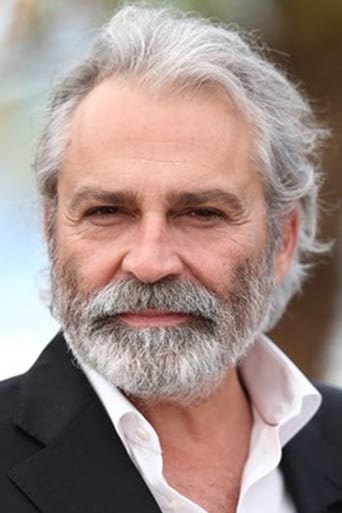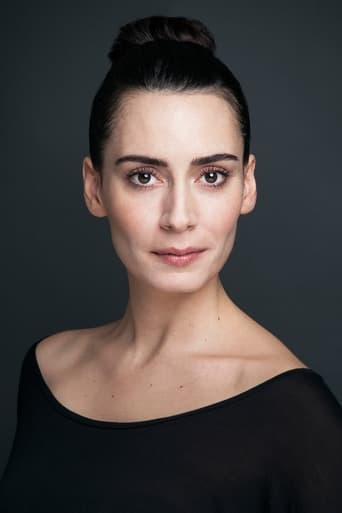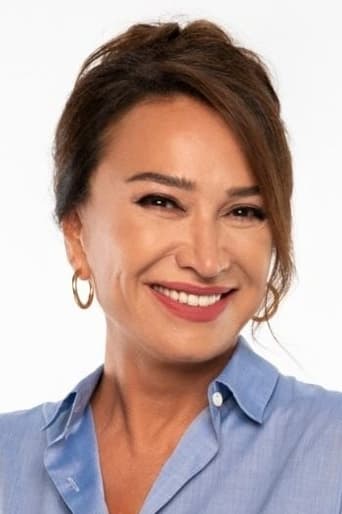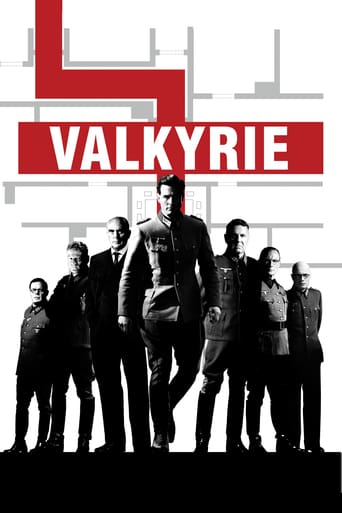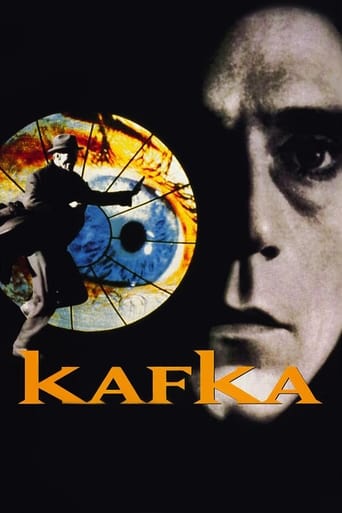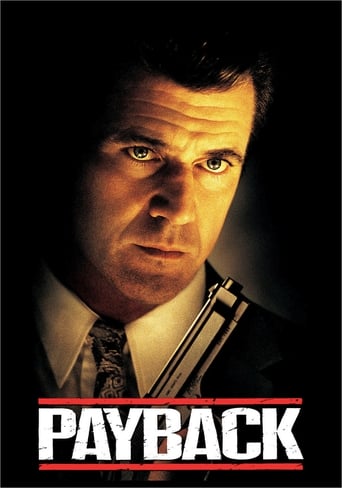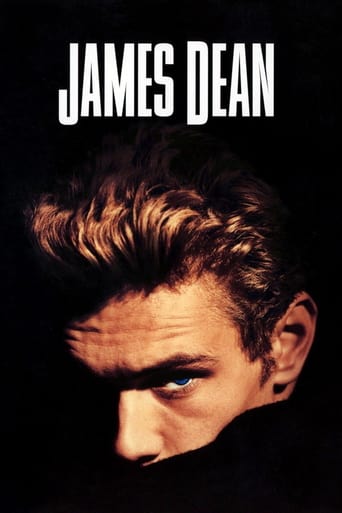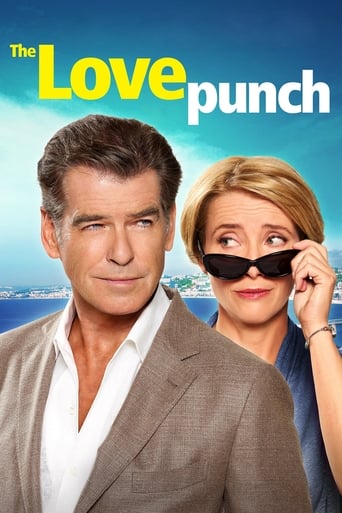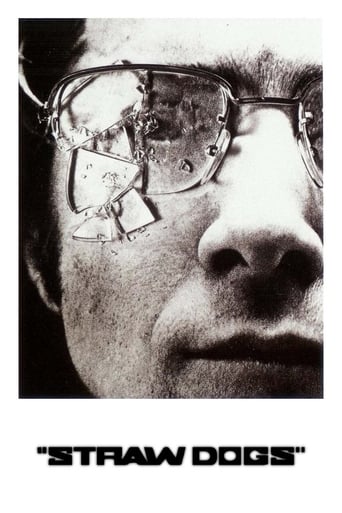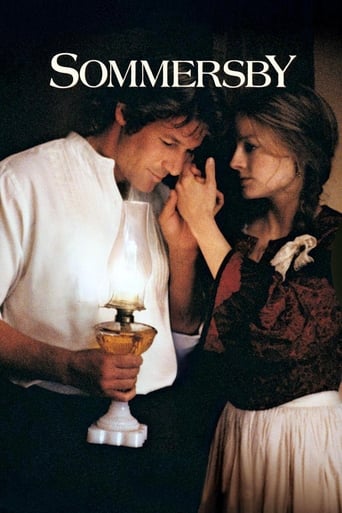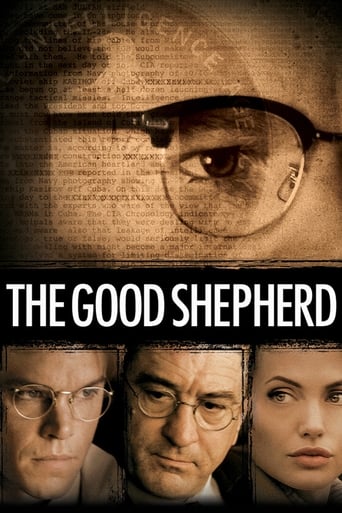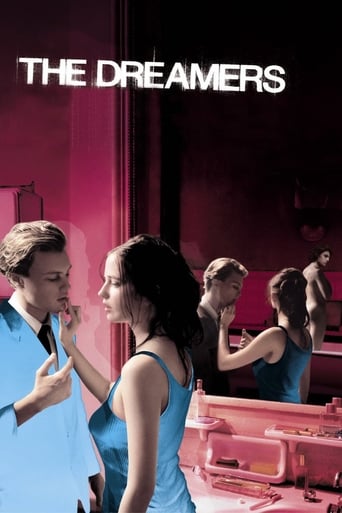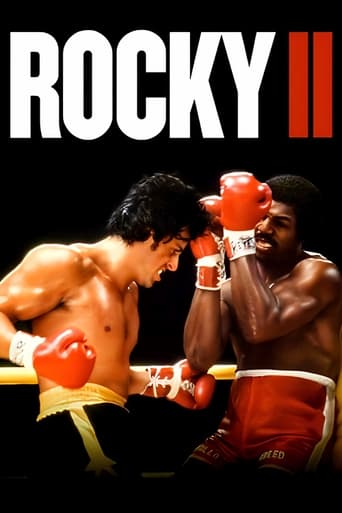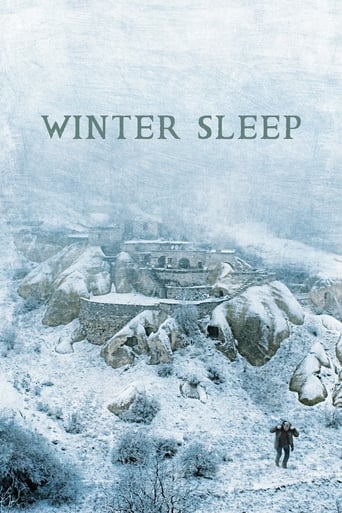

Winter Sleep (2014)
Aydin, a retired actor, owns a small hotel in central Anatolia with his young wife Nihal and his sister Necla, who is coping with her recent divorce. During the winter, snow covers the ground and boredom brings the return of old memories, pushing Aydin to flee…
Watch Trailer
Cast


Similar titles
Reviews
This movie gives you a feeling inside your heart. I didn't know Turkish films can present a simple trivial incident in a cinematic way. Don't be misled. The movie is not about one incident. It's slower a bit but the formidable screenplay keeps you stack.
I really didn't enjoy the movie, the characters are not deeply interesting, the feelings it shows are not even visceral, it is not innovative, its not dramatic, there are no breakdowns or changes in history, not interesting at all. Even if the landscapes are impressive, the history is too flat, the regular life of almost everybody would describe better the human behavior. This movie its more like a thriller that shows only the barren aspects of peoples interactions with each other.
Winter Sleep is a long movie. At three hours and 15 minutes, this film will make you actually look at your clock before hitting play. It won Palm d'Or at Cannes and I had no idea of any of this until I saw it on Netflix this week. There's a lot of substance to this movie and a great deal can be said and debated philosophically. I'll just stick to what really stood out for me.The Disconnect Between ClassesAydin, the protagonist of the movie, is a wealthy man, well educated and, in kid mind, generous and kind to those around him. What becomes apparent early on in the film is that he is also detached from the practical ongoings of his estate. His property is rented out and managed by lawyers and helpers, he does not know his own tenants, and he's oblivious to the issues they are having.When a kid breaks his car window with a stone, he's shocked and surprised. He does not realize that debt collectors and the police had a conflict with the kid's father, that the father has no job, and that they live of one person's wage. If this were a more predictable film, you would expect Aydin to realize these details. It doesn't happen! In fact, the only way Aydin tries to help the less fortunate is by donating a great sum of money to the charity his wife, Nihal, is organizing.This same disconnect is present in my own life, and likely in the life of many of the people around me in the same social class and age group. Our idea of helping the less fortunate is donating to charity once a year or jumping on some online viral bandwagon every so often. And do we really do it to help, or do we do it to help ourselves feel good?Just like Aydin writes a weekly column in the local paper, so do we write our blogs and Tweets and Facebook posts preaching whats's right and showing off our opinions and moral stances. But in the end, how many of us actually take action or speak from experience rather than simply from philosophical realms?The Physical SeparationWhat is captivating about the movie from the get-go is the setting. It's filmed in Cappadocia, Anatolia, a region of Turkey. The landscape and the homes are truly unique. Aydin lives with his wife and sister in a hotel they own. This hotel is built into the mountain, in a way, and it has the feeling of a castle. Aydin is like a kind ruler, and this castle is separating him from the rest of the people, adding to the idea of disconnect.While he sees himself as a sort of benevolent ruler, we quickly see that practically nobody feel this way about him and he's actually disliked even by his own family. His helper runs all errands, and the ruler sits oblivious in his tower. His sister challenges his moral standpoint on the notion of evil; his wife feels like a prisoner with no purpose in life; his subjects despise him behind his back.This separation does not happen only in remote regions. This separation is a daily reality in the society we live in. Very few people live in communities where they interact with their neighbours, or even with their own family. People are separated by vast geographical distances, going far from home in search of materialistic gains. And even those who stay close often just shut themselves in, watching Netflix all day or spending hours on their smart phones. Aydin fails to see past the his own mountain fortress. We fail to see past our computer screens.Making the Best of What You HaveSad ideas aside, there is a sense of redemption buried somewhere in the snow. Aydin claims he worked all his life, and it is only in his old age that he's as wealthy as we see him. Maybe it's unfair to judge him so harshly. Maybe he was not really meant to be a ruler and his detachment is a byproduct of his lack of interest and his moral high ground. He used to be an actor and his current goal is to write a book on the history of Turkish theater. That's not so wrong, is it? A quiet life on top of a mountain, removed from the problems of the village? Isn't that what many of us want after a life of work?And what about the tenants who failed to pay rent for many months? If they lived in Canada, they would have been kicked out a long time ago! It's clear that even though the people around Aydin are unhappy, he's actually content with his station in life. He tells Nihal that he still realizes the value of having a warm room and a roof over his head, while she talks about doing greater things in life. I couldn't help but agree with Aydin: we often forget what we have and, like Nihal, we get stressed with wanting more and more from life. A simple shift in focus could make us happy: just focus on what you have and consider that billions of others would give anything to have a full fridge, a warm house, and people who love them.There: I tried to end it on a more positive note! Hope you will watch this long but rewarding movie! Thank you for reading.
It takes script, acting and directorial skill to keep a film flowing while still captivating for over three (3) hours. Some credit goes to Chekov for the framework of isolating peoples of different educational; economic; status; etc. backgrounds in one isolated arena and let them duke it out - verbally. The other credit goes to the carved cave dwellings, some of which date back about a thousand years while others are more recent, of the more recent some are quite elaborately constructed, one of which is the film's setting - a modern caved hotel. Incidentally, the source material for the hills/cliffs is volcanic ash - Tuff (looks like sandstone), a serene natural beauty contrast to the human personalities. Film should have been titled "Winter Storm" as a cabin fever style escalation of verbosity, mostly on issues that range from individual/personal values of the film's characters to more abstractly, human values in general, begin to provoke animosities and distrust. The central foil is the hotel owner, Aydin, and because of his appropriately stone like demeanor the diatribes just bounce off of him; even seeming to reflect more of the accusers themselves. I'm inclined to think that a bit more editing would have produced the same film in a little shorter length, but then too we live in a time driven, multitasking environment in contrast to the film's appropriate - time moves glacially slow setting. So the film's molasses slow tedium may have had a purpose.


